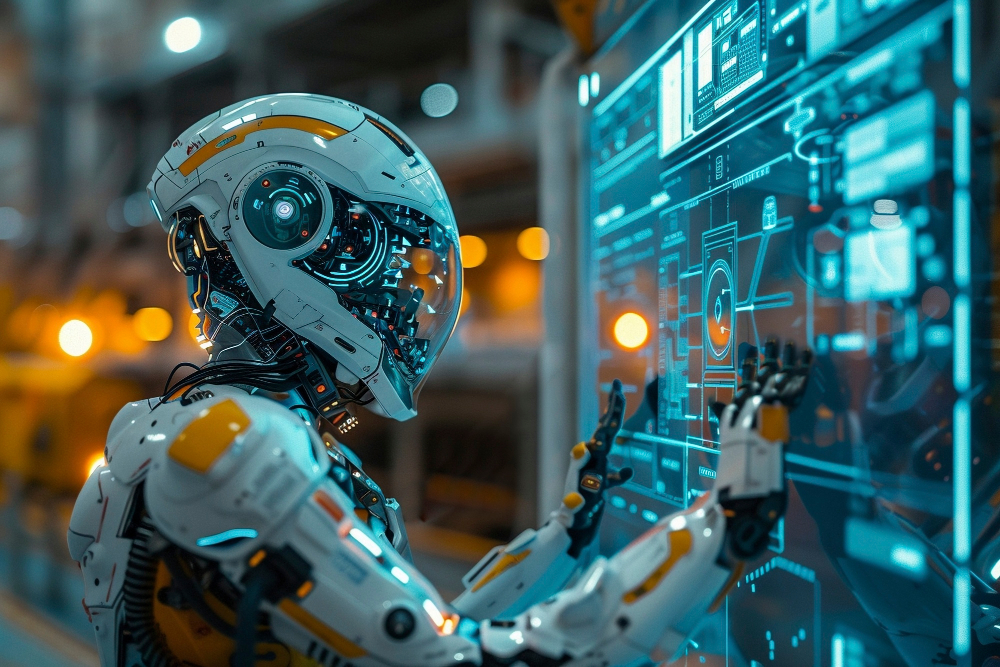Artificial Intelligence is transforming the way we write, debug, and maintain code—but what does this mean for the future of programming? Will AI replace developers, or will it become their most powerful ally?
Here’s what the evolution of coding looks like in an AI-driven world.
1. AI as a Coding Partner, Not a Replacement
AI tools like GitHub Copilot, Amazon Q, and Devin are already automating repetitive coding tasks, from generating boilerplate code to fixing bugs. However, human oversight remains essential for:
- Complex problem-solving (e.g., system architecture, optimization)
- Security & ethics (avoiding vulnerabilities and biased outputs)
- Legacy system maintenance (AI struggles with outdated, poorly documented code)
Key Insight: AI may handle 70–90% of generic coding, but developers will shift to higher-level strategy and creativity rather than manual typing.
2. Democratization of Coding: Easier Entry, Harder Mastery
AI-powered no-code/low-code platforms allow non-technical users to build apps using simple prompts. However:
- The "70% Problem": Beginners can prototype quickly but struggle with debugging and maintaining AI-generated code.
- True expertise still matters: Understanding algorithms, debugging, and optimization requires deep knowledge.
Takeaway: AI makes coding more accessible, but strong fundamentals will still differentiate great developers.
3. New Skills for the AI-Augmented Developer
Future programmers will need:
✔ AI Literacy – Prompt engineering, fine-tuning models, and validating outputs.
✔ Domain Expertise – Deep understanding of business logic and system design.
✔ Soft Skills – Creativity, collaboration, and adaptability to guide AI tools effectively.
Quote: "Problem-solving is the core skill. The discipline of traditional programming will remain valuable." —John Carmack
4. Challenges & Risks of AI-Assisted Coding
- Code Quality Issues – AI can produce inefficient, insecure, or outdated code.
- Ethical & Legal Concerns – Who owns AI-generated code? Can we trust its decisions?
- Skill Erosion – Overreliance on AI may weaken foundational coding abilities.
Solution: Developers must audit AI outputs rigorously and maintain hands-on coding practice.
5. The Long-Term Outlook (2025–2040+)
- Near Term (3–10 years): AI automates 80–90% of routine coding, freeing developers for innovation.
- By 2040: AI may write most code autonomously, but humans will oversee critical systems.
Emerging Trend: "Agentic AI" (like SWE-agent) could manage entire software lifecycles, with humans setting strategic direction.
Final Thoughts: A Symbiotic Future
AI won’t replace programmers—it will supercharge them. The future belongs to developers who:
🚀 Leverage AI for productivity
🧠 Focus on creativity and problem-solving
🛡️ Ensure security, ethics, and quality control
As Satya Nadella said, "AI won’t replace programmers, but it will become an essential tool in their arsenal."
What do you think? Will AI make coding easier, or will it raise the bar for developers? Let’s discuss in the comments!
Further Reading:
Enjoyed this post? Share it with fellow developers and AI enthusiasts!






